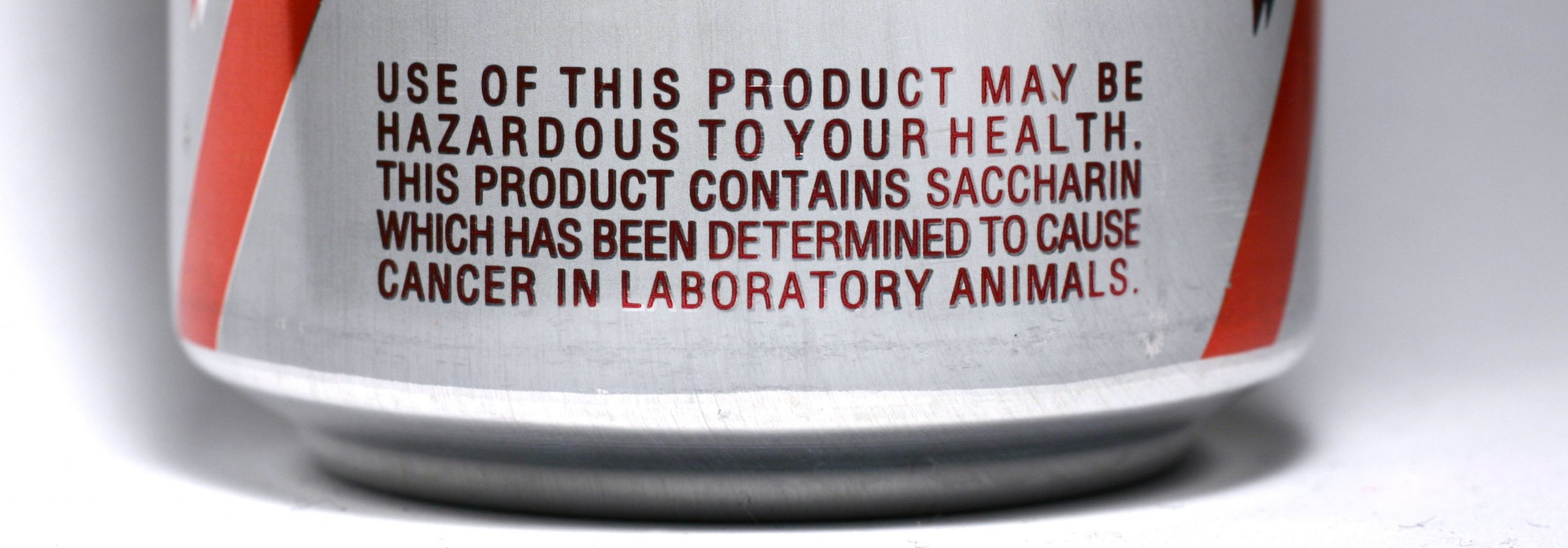Artificial sweeteners could be aiding in higher blood sugar levels based on the article published Wednesday in the journal Nature. Researchers are suspecting that artificial sweeteners may be disrupting the microbiome, the ecosystem of bacteria in our guts.
In a series of experiments conducted by Eran Segal, a computational biologist at the Weizmann Institute of Science in Israel, that saccharin and aspartame increased the risk of glucose intolerance, a condition that can lead to diabetes. “We are talking about very dramatic increases,” said Eran Segal.
The same scientists also monitored what happened to several human volunteers who did not typically use artificial sweeteners but were given regular doses of saccharin over the course of a week. A set of volunteers developed significant glucose intolerance, and the others saw no blood sugar benefits from using artificial sweeteners. The scientists analyzed nearly 400 people and found out that the gut bacteria were different in the users of artificial sweeteners. Few of the volunteer’s developed significant glucose intolerance. According to Eran Segal, feels that there a numerous misunderstandings of microbial world, including there role in our susceptibility to diseases.
According to Trends in Endocrinology and Metabolism artificial sweeteners like aspartame and saccharin are linked to increased risk of obesity, Type 2 diabetes, metabolic syndrome and cardiovascular disease.Also, they increase the risk of interfering with learning. They also highlight, “frequent consumption of high-intensity sweeteners may have the counterintuitive effect of inducing metabolic derangements”.
Also, Yanina Pepino of Washington University said the results makes a case, where sweeteners hamper the body’s handling of sugar by altering gut bacteria.
Here are the latest data on Artificial sweeteners,
http://www.cbsnews.com/news/artificial-sweeteners-linked-to-diabetes/
http://www.cell.com/trends/endocrinology-metabolism/abstract/S1043-2760(13)00087-8
